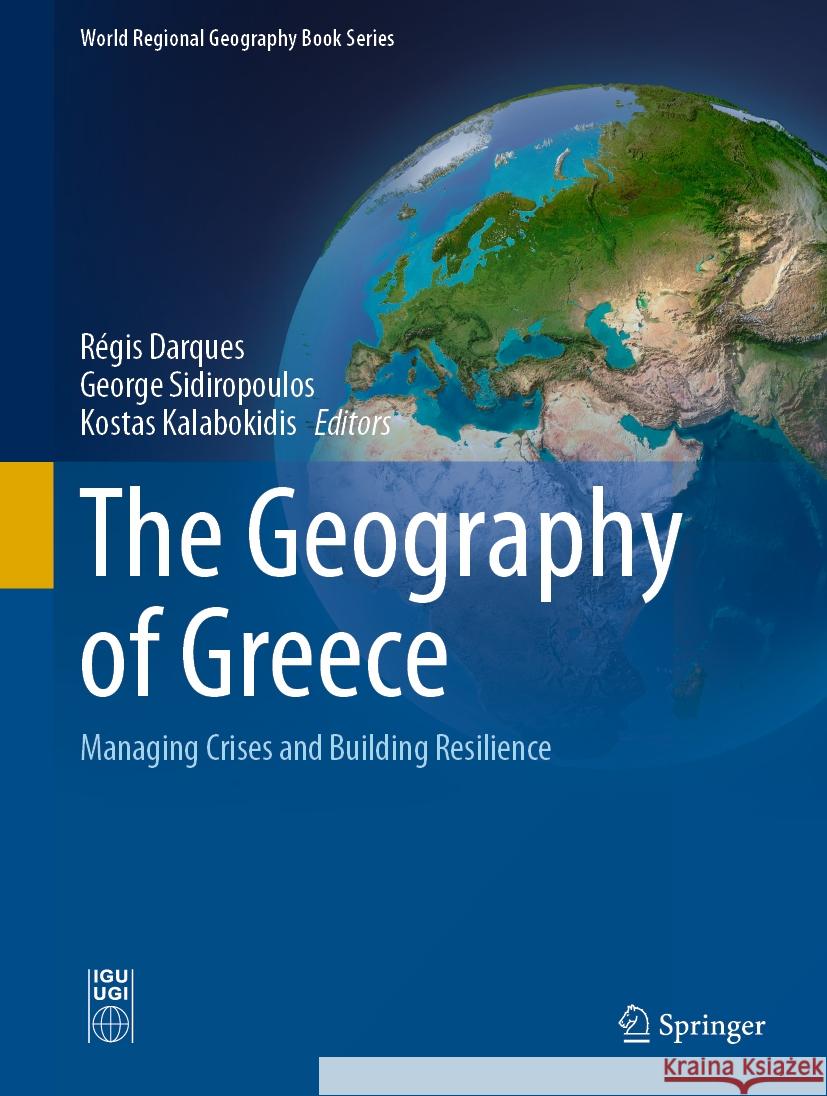The Geography of Greece: Managing Crises and Building Resilience » książka
The Geography of Greece: Managing Crises and Building Resilience
ISBN-13: 9783031298189 / Angielski
During the last few years, Greece has become a subject of increasing attention worldwide. Once praised for its ability to innovate and reform during the EU integration process, applauded for its remarkable job in managing the 2004 Olympics, the country fell into a financial crisis of unprecedented magnitude in 2008. Much has been said on this matter, and amid the morass of information a staggering number of untruths have been disseminated.In fact, the challenges of vulnerability and the paradigms of adaptation go way beyond finance and economy in Greece. Mega-fires, earthquakes, landslides and floods, migrations, sociopolitical upheavals, and armed conflicts generate emergency situations repeatedly. Because of its bridging role between natural and social sciences, geography can provide insights into the entire breadth of hazardous and chaotic events driving adaptation and change. Against all these threats, Greece has developed an enhanced resilience capacity. The purpose of this book is to help unravel the complexities of a fascinating country beyond clichés.This book is intended for students, researchers, scholars, and engineers interested in geography, land planning, urban studies, and environmental management. The crises issue intended as a guideline allows widening the audience to include the media, governmental and non-governmental agencies, and the public at large.











